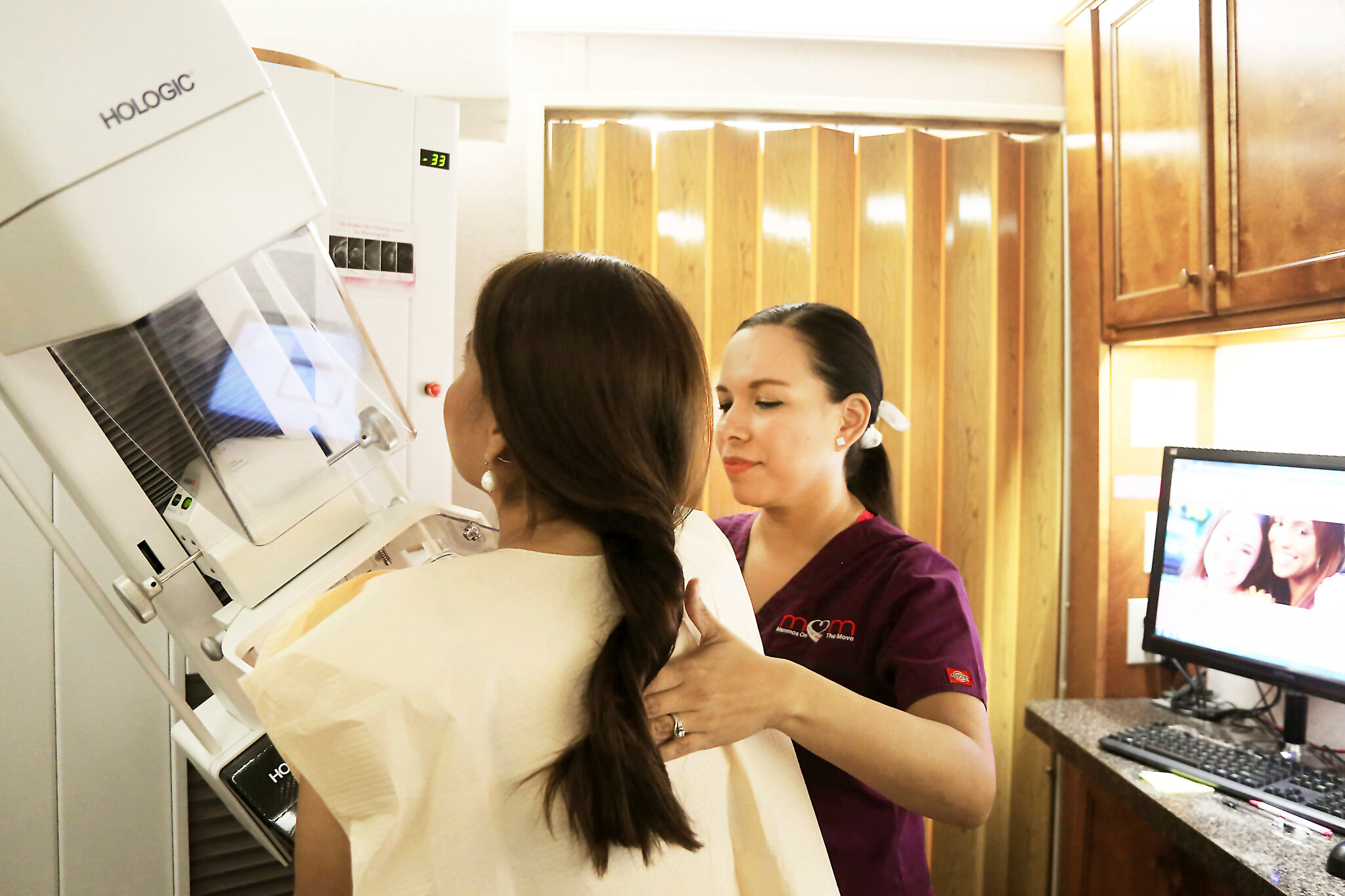There’s promising news about cancer: cancer-related deaths are declining. Over the past three decades, reductions in smoking rates, advancements in treatments, regular screening, and faster diagnoses have collectively led to nearly 4 million fewer deaths in the United States alone.
However, there’s troubling news too: more young people are now being diagnosed with cancer. The risk of developing certain cancers at a young age has risen with each successive generation since the 1950s.
According to a comprehensive study published in BMJ Oncology by researchers from Zhejiang University (China), Harvard University (USA), and Edinburgh University (UK), the global incidence of cancer among individuals under 50 has surged by almost 80 percent in the last 30 years.
Deaths from cancer among those in their 30s and 40s have increased by 27 percent. Shockingly, over a million people under 50 succumb to cancer annually.
One particular study highlighted that individuals born in the early 1990s face four times the risk of rectal cancer compared to those born four decades earlier, likely due to increased consumption of sugary beverages.
The tragic death of actor Chadwick Boseman in August 2020 from colon cancer at age 43 underscored this disturbing trend. Colorectal cancer diagnoses among the under-55 age group have doubled since 1995, with the disease now the primary cause of death in men under 50 and the second leading cause in women of the same age, after breast cancer.
By the decade’s end, it’s projected that 10 percent of colon cancer cases and 22 percent of rectal cancer cases in the US will affect patients younger than 50, up significantly from rates of 4 percent and 9 percent respectively in 2008.
Doctors like Dr. Ashley Cheng Chi-kin, clinical director of oncology at CUHK Medical Centre, emphasize that this rise isn’t limited to the US; it’s a global phenomenon demanding urgent investigation into its causes.

While increased cancer screening may account for part of the rise, Cheng suggests other factors such as diet, lifestyle, weight, environmental exposures, and gut microbiome could also play crucial roles.
In 2021, Hong Kong alone recorded 38,462 new cancer cases, with lung, breast, prostate, liver, and colorectal cancers comprising nearly 58 percent of all new diagnoses.
At Yale Medicine Colon & Rectal Surgery, there’s been a notable uptick in young patients diagnosed with colorectal cancer, including individuals as young as 18.
It’s evident that sedentary lifestyles and diets rich in ultra-processed foods lacking in fibre exacerbate the risk. Studies indicate that a mere 10 percent increase in ultra-processed foods elevates the risk of various cancers by over 10 percent.
Furthermore, sugar, though not carcinogenic in itself, stimulates insulin production, potentially driving cancer growth. Obesity, linked to high sugar consumption, increases cancer risks through inflammatory proteins that damage DNA and promote cell mutations.
Despite the rising incidence of colorectal cancer among the under-50s, routine colonoscopies are not yet recommended due to the procedure’s small risks.
Regardless of age, knowing one’s family history and recognizing bodily changes early are crucial. Symptoms like rectal bleeding, persistent constipation, or sudden changes in bowel habits should prompt immediate medical attention.
Cancer campaigner Dame Deborah James, who passed away in 2022 at age 40 from bowel cancer diagnosed at 35, urged vigilance and proactive health monitoring.
To younger generations like Gen X, millennials, and Gen Z, remember: youth doesn’t equate to invincibility. Adopting a healthy lifestyle, including regular exercise and a balanced diet, can mitigate the risk of early-onset cancers.
